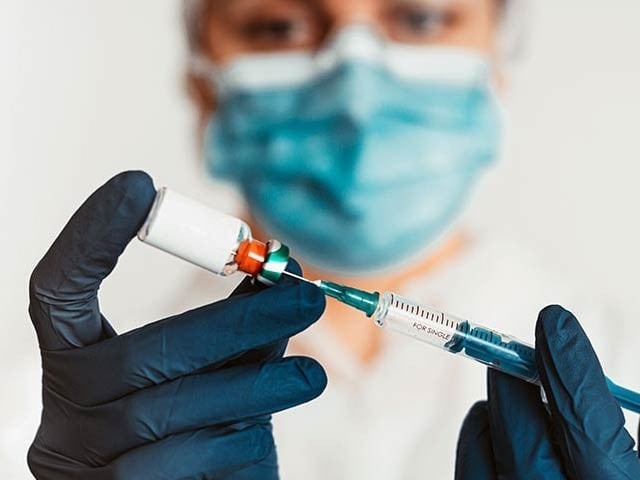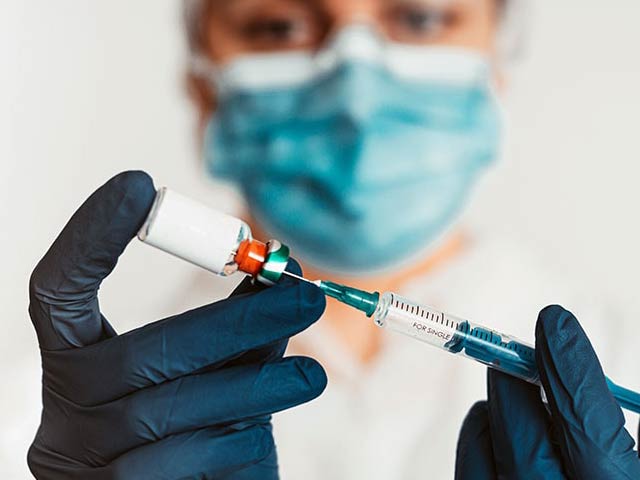
Lack of sleep can affect the effectiveness of vaccines. Photo: File
Los Angeles: There is no greater blessing than good and deep sleep and this is why recent research has shown that full, deep and restful sleep can enhance the effectiveness of vaccines. Similarly, insufficient and poor sleep can reduce the effectiveness of vaccines.
According to a meta-report published in Current Biology, if you have poor sleep a few days before and a few days after vaccination, it may reduce the effectiveness of the vaccine. Thus, the production and behavior of antibodies in the body may also be impaired. Poor sleep refers to having less than eight hours of sleep, which is considered insufficient sleep.
Dr. Marvin Irwin, of the Jane and Terry Simmel Institute for Neuroscience at the University of California, Los Angeles, and his colleagues reviewed several studies and research on the efficacy of hepatitis and influenza vaccines and the relationship between sleep and sleep. has been reviewed. They concluded that subjects who did not get adequate sleep before and after the vaccine produced less antibodies to the vaccine and that the difference could not be ignored.
The study examined thousands of individuals after vaccines and sleep deprivation and overexposure to antibodies.
Although it did not consider the Covid-19 vaccine, experts believe that the same could be true for the Covid vaccine. That is why they have advised the vaccinees to have full and quiet sleep. For this, it is important that they get 8 to 9 hours of sleep every day.
Experts believe that if sleep is disturbed and the vaccine is administered during this time, the effects of the decrease in antibodies may persist for two months. However, further research on its effects is needed.
(function(d, s, id){
var js, fjs = d.getElementsByTagName(s)[0];
if (d.getElementById(id)) {return;}
js = d.createElement(s); js.id = id;
js.src = “//connect.facebook.net/en_US/sdk.js#xfbml=1&version=v2.3&appId=770767426360150”;
fjs.parentNode.insertBefore(js, fjs);
}(document, ‘script’, ‘facebook-jssdk’));
(function(d, s, id) {
var js, fjs = d.getElementsByTagName(s)[0];
if (d.getElementById(id)) return;
js = d.createElement(s); js.id = id;
js.src = “//connect.facebook.net/en_GB/sdk.js#xfbml=1&version=v2.7”;
fjs.parentNode.insertBefore(js, fjs);
}(document, ‘script’, ‘facebook-jssdk’));



